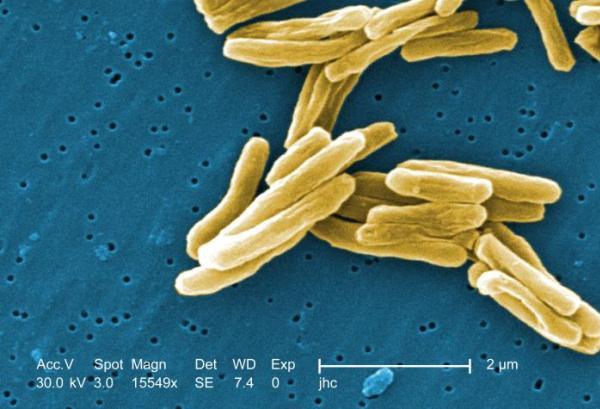What is a Superbug?

Get the world’s most fascinating discoveries delivered straight to your inbox.
You are now subscribed
Your newsletter sign-up was successful
Want to add more newsletters?

Delivered Daily
Daily Newsletter
Sign up for the latest discoveries, groundbreaking research and fascinating breakthroughs that impact you and the wider world direct to your inbox.

Once a week
Life's Little Mysteries
Feed your curiosity with an exclusive mystery every week, solved with science and delivered direct to your inbox before it's seen anywhere else.

Once a week
How It Works
Sign up to our free science & technology newsletter for your weekly fix of fascinating articles, quick quizzes, amazing images, and more

Delivered daily
Space.com Newsletter
Breaking space news, the latest updates on rocket launches, skywatching events and more!

Once a month
Watch This Space
Sign up to our monthly entertainment newsletter to keep up with all our coverage of the latest sci-fi and space movies, tv shows, games and books.

Once a week
Night Sky This Week
Discover this week's must-see night sky events, moon phases, and stunning astrophotos. Sign up for our skywatching newsletter and explore the universe with us!
Join the club
Get full access to premium articles, exclusive features and a growing list of member rewards.
They're not space aliens, they're not insectoid monsters roaming the streets and they're definitely not super heroes. Superbugs are drug-resistant, human-killing microbes that modern medicine struggles to combat. The term has morphed over time, however.
The word "superbug" showed up in the popular press some time after 1970, according to LexisNexis news database searches, and was initially used to describe pollution-eating microbes. Since then, the word has evolved to describe hardy yet dangerous infectious diseases.
"It's entirely a media term, but generally the term refers to bacteria that resist antibiotics," said Dr. Martin Blaser, a professor at New York University's School of Medicine and former president of the Infectious Diseases Society of America. Under that definition, Blaser said even drug-resistant viruses such as HIV (human immunodeficiency virus ) could be considered superbugs because they can also build resistance to man-made drugs.
"If you consider HIV a superbug, it's the worst one there is," Blaser said. The November 2006 World Health Organization's report on AIDS estimates that 2.9 million people worldwide died from AIDS last year. Only about 24,000 to 45,000 of those deaths, however, occurred in North America due to better access to HIV-slowing drugs.
MRSA, or methicillin-resistant Staphylococcus aureus, has earned the superbug title — and is the current media darling under this label — because of its formidable defenses against the drugs used to fight it. As the world population increases and no new antibiotics are discovered, experts think we'll see more microbes like MRSA, but a great deal of research is currently under way to address the growing threat.
MRSA, typically pronounced "mersa," is also frightening because many patients contract it after hospital stays.
Until new weapons are created to fight superbugs, how can you fight them? Most medical experts recommend a simple precaution: Wash your hands with soap and scrub for several seconds, and do so often.
Get the world’s most fascinating discoveries delivered straight to your inbox.
Follow Life's Little Mysteries on Twitter @llmysteries. We're also on Facebook & Google+.
 Live Science Plus
Live Science Plus










